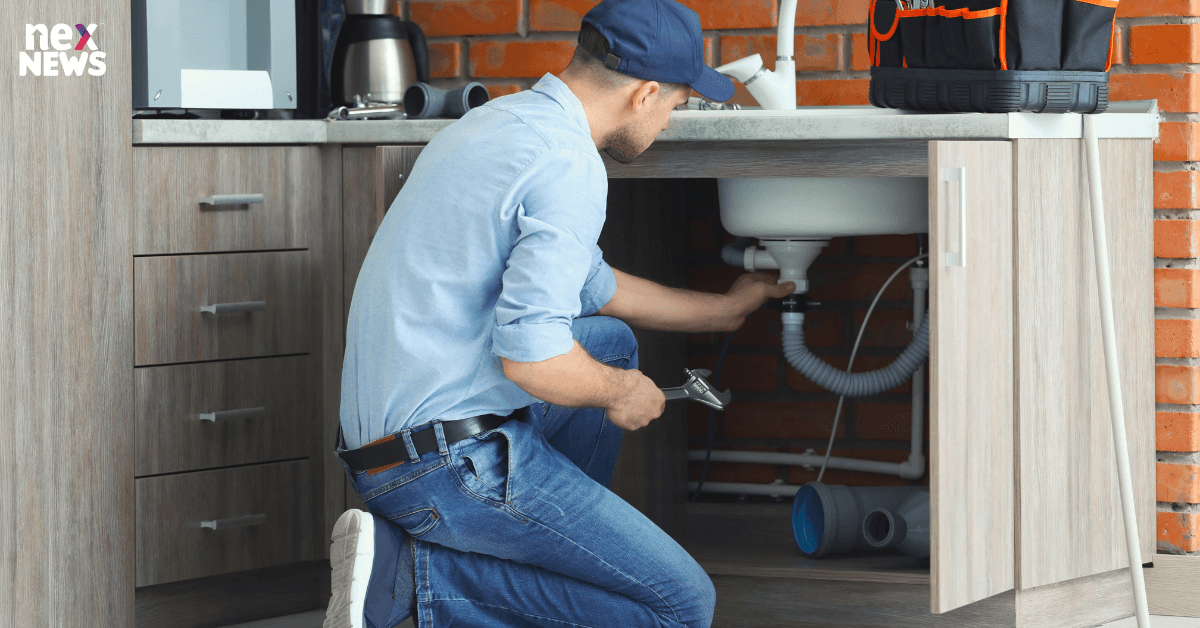Plumbing is an essential aspect of any modern household, ensuring a smooth flow of water and efficient drainage. Despite its importance, many homeowners find themselves perplexed by plumbing-related issues. In this article, we'll delve into the basics of plumbing, providing insights into the essentials, DIY tips, professional services, eco-friendly practices, maintenance, troubleshooting, safety measures, and future trends.
I. Introduction
A. Importance of Plumbing
Plumbing is the unsung hero of a home, responsible for delivering clean water and managing wastewater. Understanding its significance is crucial for homeowners to maintain a healthy living environment.
B. Common Misconceptions about Plumbing
Dispelling myths and misconceptions around plumbing, such as the idea that it's only about fixing leaks, will help readers appreciate the complexity and diversity of plumbing tasks.
II. Plumbing Essentials
A. Pipes and Fittings
An overview of the various types of pipes and fittings used in plumbing, including their materials and applications.
B. Plumbing Tools
Essential tools every homeowner should have for basic plumbing repairs and maintenance.
C. Water Supply Systems
Exploring the mechanisms behind water supply in homes, from the main water line to individual fixtures.
D. Drainage Systems
Understanding how drainage systems work and the importance of proper installation to prevent issues like clogs.
III. DIY Plumbing Tips
A. Fixing Leaks
Practical advice on identifying and fixing common leaks without the need for professional assistance.
B. Unclogging Drains
DIY methods for unclogging drains, addressing issues without resorting to harsh chemicals.
C. Installing Fixtures
Step-by-step guide for homeowners looking to install plumbing fixtures like faucets and showerheads on their own.
IV. Professional Plumbing Services
A. When to Hire a Plumber
Signs that indicate a need for professional plumbing services, emphasizing the importance of timely intervention.
B. Common Plumbing Problems
Highlighting prevalent plumbing issues that often require the expertise of a licensed plumber.
C. Benefits of Professional Services
Discussing the advantages of hiring a professional plumber, from saving time to ensuring quality repairs.
V. Eco-Friendly Plumbing
A. Water Conservation
Tips and techniques for reducing water consumption in households through efficient plumbing practices.
B. Green Plumbing Technologies
An overview of environmentally friendly plumbing technologies, promoting sustainability.
VI. Plumbing Maintenance
A. Regular Inspections
The significance of routine plumbing inspections to identify potential issues before they become major problems.
B. Preventive Measures
Simple steps homeowners can take to prevent common plumbing problems and extend the lifespan of their plumbing systems.
VII. Troubleshooting Plumbing Issues
A. Identifying Problems
Guidance on how to identify plumbing issues by recognizing signs and symptoms.
B. Quick Fixes for Common Issues
Providing quick DIY solutions for common plumbing problems that homeowners can implement immediately.
VIII. Plumbing Safety
A. Importance of Safety Measures
Emphasizing the importance of safety when dealing with plumbing tasks, including the use of protective gear.
B. Handling Plumbing Emergencies
Actionable steps to take during plumbing emergencies to minimize damage and ensure safety.
IX. Future Trends in Plumbing
A. Smart Plumbing Technologies
Exploring the integration of smart technologies in plumbing systems for enhanced efficiency and control.
B. Sustainable Practices
A glimpse into upcoming sustainable practices that will shape the future of plumbing.
X. Conclusion
In conclusion, understanding plumbing basics empowers homeowners to take better care of their homes. Whether it's adopting eco-friendly practices, performing DIY fixes, or knowing when to call in the professionals, a comprehensive understanding of plumbing is vital for a smoothly functioning household.


POST A COMMENT (0)
All Comments (0)
Replies (0)